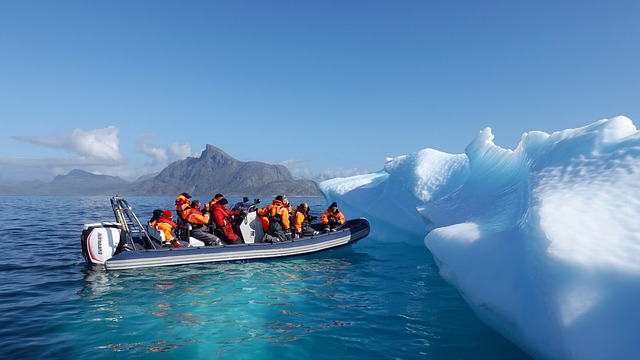
Summary
Climate change is significantly impacting the mental well-being of young people, causing anxiety, depression, and other mental health challenges. This article explores the effects of climate change on youth mental health and provides strategies for coping and building resilience. It emphasizes the importance of open communication, action-oriented coping mechanisms, and fostering a sense of hope for the future.
Stress-free data management TrueNAS is healthcares trusted solution for compliant data management.
Main Story
You know, it’s easy to get caught up in the immediate devastation of things like wildfires and hurricanes— and it’s right that we should. But, what about the stuff you can’t see? As California wildfires continue to burn and people are left picking up the pieces after floods, there’s another, quieter consequence: the impact on young people’s mental health. More and more research is showing that a lot of teenagers and young adults are feeling seriously anxious and worried about how climate change will affect them, both now and in the future.
Take Abby Rafeek, a 14-year-old from California, for example. She says it’s ‘definitely affecting my life,’ because she’s stressed about the future. She is thinking, like a lot of kids are, that if we don’t get our act together, things are just going to get worse. It’s a pretty bleak picture, isn’t it?
So, how does climate change actually impact the mental health of our youth? Well, it’s a bit of a double whammy. There are the direct impacts, like the trauma and PTSD that can come after a hurricane or wildfire; I can only imagine what that must be like! Then, there are the less obvious, indirect impacts. Think about things like displacement, food shortages, economic instability, all contributing to anxiety, depression, and sleep problems. It’s like, the constant news about climate change plus a feeling that adults aren’t doing enough? That’s enough to make anyone feel hopeless.
A study actually came out in 2022. It showed that a huge chunk of US teenagers, like 89% of them, are constantly thinking about the environment, and they are mostly more worried than hopeful. Seriously, almost 70% are actually scared that they or their families are going to be directly affected by climate change pretty soon. I mean, it paints a pretty clear picture of the scale of the issue, doesn’t it?
And it gets more complicated. These feelings are layered on top of other problems already faced by kids. We’re talking about increases in depression and suicide rates, pressures from social media, worries about gun violence, and economic inequalities. It’s like, all this extra weight is making things even harder, and don’t forget the pandemic, which just made everything worse. Honestly, it’s a lot for one generation to deal with.
Okay, but what can we do? It’s not all doom and gloom, thankfully! There are ways to support young people through this. First, open communication is key. It’s vital to make safe places for kids to share how they’re feeling without any judgement. Just simply acknowledging that their feelings are valid and that what they are going through is real, can help them so much!
Also, giving them tools to cope is super important too. Things like mindfulness, spending time in nature, or expressing themselves creatively, these can help them manage their feelings and stress. Also, we should focus on actions and solutions, because that can give them that sense of hope!
And here’s another idea: Encourage youth to get involved in climate activism. I’ve seen some amazing work by young people. Joining environmental groups, or advocating for changes in policy. Even just making small personal changes like reducing carbon footprint or educating friends, it can all make a difference. It gives them a sense of control, a sense of being part of the solution.
Ultimately, supporting youth mental health in the face of climate change needs a multi-pronged approach. Parents, teachers, doctors, and even politicians—we all have a role in creating a supportive space for young people. They need to feel heard, empowered, and hopeful about the future. By helping them become more resilient, by prioritizing mental well-being, and by working together, we can help them navigate all this. And that way, we can build a better, more sustainable future for everyone, but especially for the younger generation who are inheriting it all. Taking care of our planet, is, after all, taking care of ourselves and each other, right? As of today, January 15, 2025, this information is accurate, but things are always evolving, and that is important to keep in mind.


Be the first to comment